views
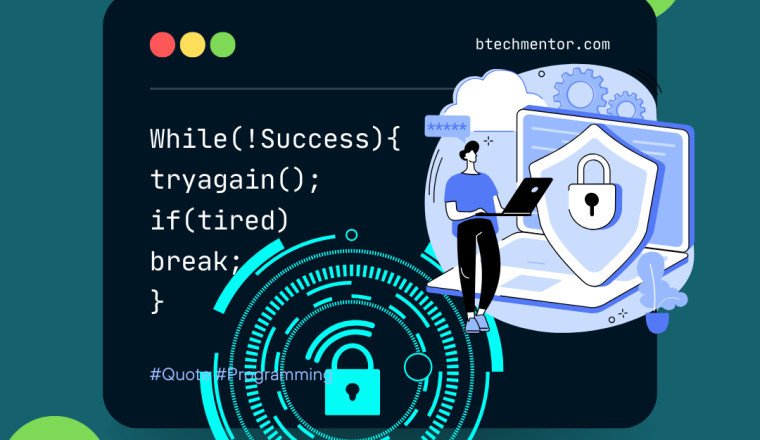
Introduction:
In the world of web development ensuring security is crucial. A significant threat that PHP applications often face is SQL injection attacks. These attacks occur when input, from users is not properly filtered, allowing harmful SQL code to run in your database. In this guide we will discuss methods and recommended practices to safeguard your PHP application from vulnerabilities caused by SQL injection.
Understanding SQL Injection:
Before we dive into ways to prevent these attacks lets first understand what SQL injection involves. Simply put it happens when untrusted user input gets directly added to SQL queries giving attackers the ability to manipulate the querys logic. Lets consider an example;
$unsafe_variable = $_POST['user_input'];
mysql_query("INSERT INTO `table` (`column`) VALUES ('$unsafe_variable')");If the user input contains SQL code like `value'); DROP TABLE table; ` the resulting query would look like this;
INSERT INTO `table` (`column`) VALUES('value'); DROP TABLE table; )Such an injection could have consequences such, as loss of data or unauthorized access.
Preventive Measures:
To protect your PHP application, from SQL injection attacks follow these steps:
- Utilize Prepared Statements:
statements also referred to as parameterized queries help separate SQL logic from user input. This approach ensures that user data is treated as data than code. Here's how you can implement statements using PDO and MySQLi;
// Using PDO
$stmt = $pdo >prepare('SELECT * FROM employees WHERE name = ;name');
$stmt >execute([ 'name' => $name ]);
// Using MySQLi
$stmt = $db >prepare('SELECT * FROM employees WHERE name = ?');
$stmt >bind_param('s $name);
$stmt >execute();By incorporating statements you reduce the vulnerability to SQL injection while improving the readability and maintainability of your codebase.
- Implement Whitelist Filtering for Dynamic Queries:
When dealing with queries that cannot be avoided apply whitelist filtering to constrain user input, to predefined values. For example;
// whitelist the value
// $direction should only be 'DESC' or 'ASC'
if (empty($direction) || $direction !== 'DESC') {
$direction='ASC';
}By verifying user input, against a predefined list of values you make sure that only secure values are used in your queries preventing injection attacks.
For string inputs consider using hex encoding for integer values before inserting them into your SQL queries. Hex encoding ensures that even numbers are treated as data and not executable code. Here's a simple way to do it;
$input = sprintf("SELECT * FROM table WHERE id = %u" $user_input);Hex encoding adds a layer of defense against SQL injection attacks for numerical inputs.
Conclusion:
In conclusion safeguarding your PHP application from SQL injection threats requires a stance. By employing methods, like prepared statements, whitelist filtering and hex encoding you can enhance your applications security measures. Remember, focusing on security not just protects your data but also builds trust with your users. Stay alert. Stay safe!





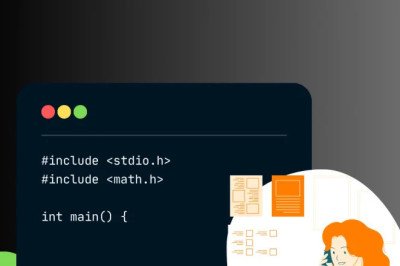
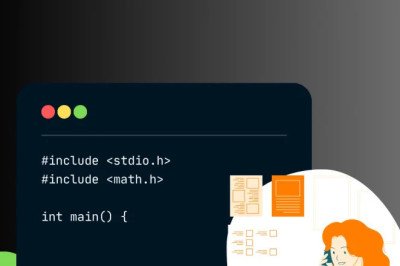
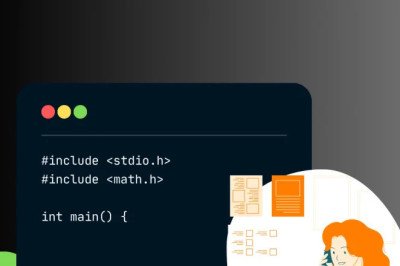
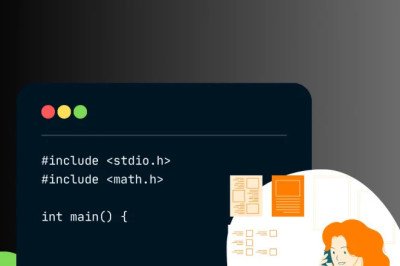
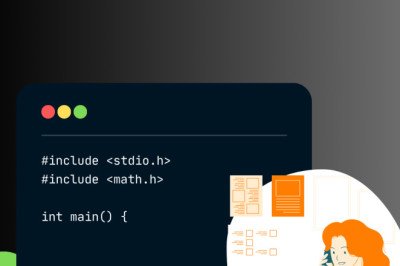

Comments
0 comment